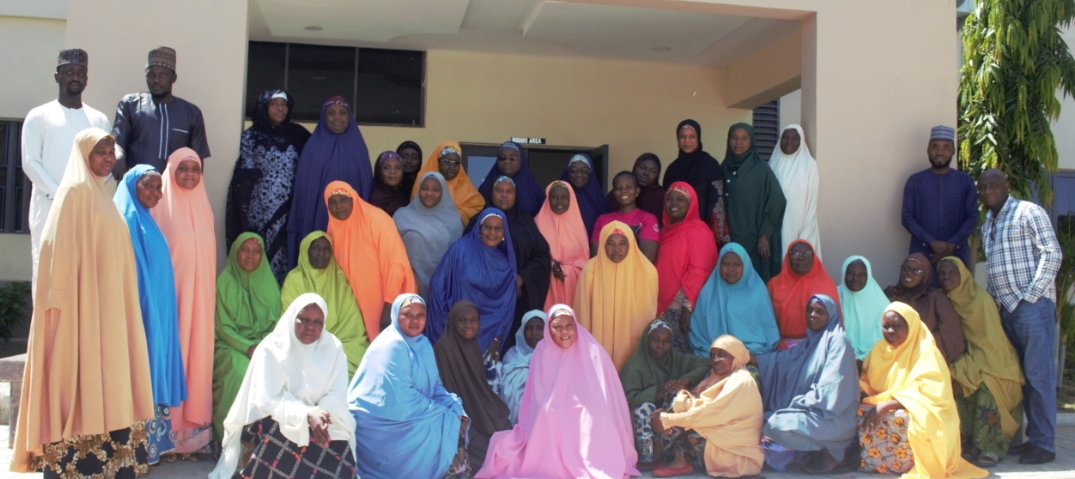DISC 2.0 Project Enhances Healthcare in Katsina with Training on Self-Care Solutions

In a significant move to improve sexual and reproductive health outcomes, the Society for Family Health, in collaboration with the Katsina State Government, has launched the Delivering Innovation in Self-Care (DISC) 2.0 project across all 34 local government areas (LGAs) in Katsina State. This initiative focuses on strengthening healthcare delivery through the promotion of self-care solutions as part of a resilient health system, ensuring that families in the state, particularly women, have better access to health services.
From October 17th to 19th, 2024, a three-day State Training of Trainers (ToT) on Empathy-Based Counselling and Counselling for Choice was held at Alhujrat Hotel, Katsina. This training, which is considered a cornerstone of the project’s success, equipped the Maternal and Child Health (MCH) Coordinators from all 34 LGAs, alongside selected heads of Healthy Child Spacing units from secondary and tertiary health institutions, with the skills to guide women in making informed choices about healthy child spacing.
The focus of the training was to increase the confidence and motivation of healthcare providers in coaching women, empowering them to overcome their fears and build self-efficacy in adopting self-care practices for healthy child spacing. The training included both theoretical and practical sessions, emphasizing the importance of compassion and understanding in counselling.
In addition to this, the DISC 2.0 project trained 34 LGAs Monitoring and Evaluation (M&E) officers to improve their capacity in data collection, accurate reporting, and monitoring, thereby ensuring a more efficient documentation process for healthy child spacing services across the state.
The Executive Secretary of the Katsina State Primary Health Care Development Agency, represented by the Director of Primary Health Care, Dr. Shema’u Kabir Abba, expressed appreciation to the Society for Family Health and the DISC 2.0 project for organizing the training. She highlighted the importance of the project, noting that documentation has been a major challenge in the state’s healthcare system. Dr. Abba was pleased to see that DISC 2.0 is tackling this issue from the outset by equipping officers with the necessary skills.
"The coverage of this project is impressive, and I am confident that this training will significantly improve the quality of healthy child spacing services, particularly in our rural areas where these services are most needed," Dr. Abba said.
As a next step, the trained participants are expected to cascade the knowledge gained in Empathy-Based Counselling and Counselling for Choice to over 500 service providers in health facilities across the 34 LGAs of Katsina State, ensuring that the benefits of this innovative approach reach women and families at the grassroots level.
The DISC 2.0 project continues to pave the way for better reproductive health outcomes, enhancing healthcare in Katsina and contributing to a stronger, more resilient health system.

